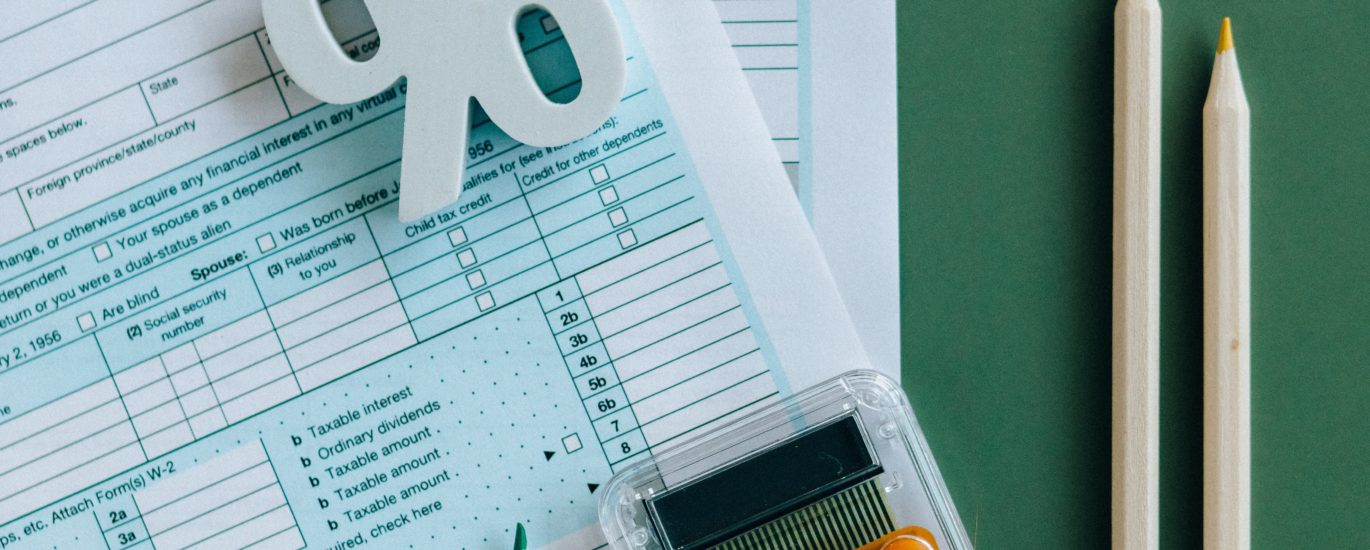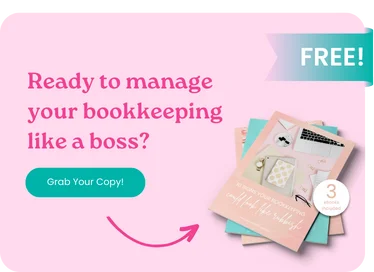If you’ve reached a point where your business has grown so much you need to seek out a professional bookkeeper or you’ve reached the end of your tether with your current provider, you’ve probably already jumped on Google to find a new bookkeeper.
But before you just commit to any old bookkeeper that appears high in the rankings on Google, you might just want to arm yourself with a few clever guidelines for choosing a great bookkeeper. Or you might just end up back where you started.
Here are 5 tips for choosing the right bookkeeper.
One. Look for someone organised, process-driven and efficient.
If for even a second you have doubts about their organisational skills, hit the road! You don’t want their lack of organisation bleeding into your files and creating a paperwork nightmare.
Well-organised bookkeepers will make sure all of their processes are streamlined, so they can provide you with timely reporting. They have an eye for detail and care about keeping your accounts error-free.
When you first meet they’ll ask you questions to gain a greater understanding of your business, industry and processes, so they can hit the ground running. If you find they are talking more about themselves than you, this is alarm bell number 2. Run!
Two. Find a bookkeeper you trust and is ethical.
Imagine someone you don’t trust handling your finances. I don’t think so. You’re never going to know immediately whether you’re going to trust someone completely – the good old-fashioned gut doesn’t lead us astray too much, but it’s also good to check some references.
And it’s not just about you trusting them, they will need to have complete trust in you too. It’s important that you provide all the correct information to your bookkeeper so they can keep accurate records for you.
Regardless of the level of trust in the working relationship, you should make sure your business is protected too. For example, it shouldn’t be necessary to allow bookkeepers access to the business bank accounts. It’s fine for them to prepare the supplier payment file, but the business owner is the right person to process the banking payment.
Also, when new suppliers are created, there should be checks to ensure that the bank account being paid to is a genuine supplier bank account and that bills supplied are also genuine.
It would make good business sense to protect yourself by having a confidentiality agreement in place.
Three. Your bookkeeper must have up-to-date technical knowledge.
Software programs like Xero are a must these days to track financials, so it’s important your bookkeeper is across online accounting software programs. The programs allow them to automate their processes and reduce the time spent on data entry.
Cloud-based systems help bookkeepers to keep accounts up to date and enable business owners to identify issues more quickly to make decisions to improve performance and promote business growth.
Four. Great bookkeepers have good communication skills.
This is a must for any business relationship really. It’s especially important for someone handling your financials – it’s essential to keep the lines of communication open at all times.
Your bookkeeper must be aware of your business operations, goals and issues to do their job correctly. They also must have the ability to enhance relationships with managers, customers, suppliers and staff alike.
Five. Smart bookkeepers ask relevant questions
Truly intelligent people listen well and ask great questions to uncover richer insights. By asking the right questions, your bookkeeper will be able to gain a greater understanding of your business and be able to share ideas that’ll improve your business. Whether it’s for financial-planning strategies, ways to increase your revenue or cash flow, better budgeting methods or cost-saving strategies, with the right knowledge a good bookkeeper can grow your business.
A final obvious thought
Your bookkeeper absolutely must be certified. If they’re not you could be in all kinds of trouble. They should always be upskilling and training too.
Bookkeepers who are registered as BAS Agents are required by the Tax Practitioners Board to have skills, qualifications and learnings around all bookkeeping areas including GST and BAS requirements. They are also expected to have industry experience of at least two years, as well as agree to an established code of conduct. In order to stay current, they must re-certify every three years.
That should just about do it! If you need any help with your bookkeeping needs, talk to us here at Bespoke – we tick all the boxes.











